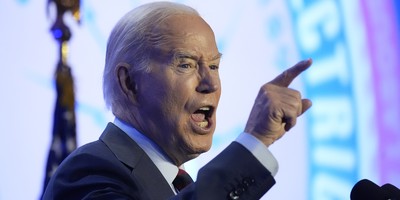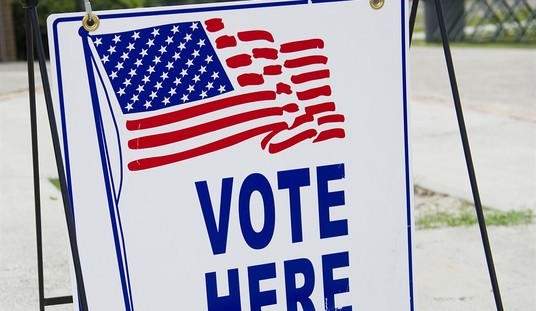The House Financial Services Committee takes a break on Tuesday from baiting President Trump to mark up a surprisingly bipartisan bill to counter aggressive Chinese shell companies. I say surprisingly because Financial Services Chairwoman Maxine Waters (D-CA), and the Democrat House more generally, has otherwise shown interest only in attacking President Trump.
The Financial Services hearing will mark up the Corporate Transparency Act of 2019. The lead sponsor of that bipartisan bill is Emanuel Cleaver (D-NY), along with Steve Stivers (R-OH) and Carolyn Maloney (D-NY) as co-sponsors. The bill modernizes U.S. anti-money laundering laws and authorizes U.S. law enforcement agencies to investigate who is establishing these rogue Chinese shell companies.
The House is acting because Chinese shell companies have been so aggressive that their conduct seems to be in preparation for outright war against the United States.
Some 22,000 shell companies, so labelled because they seem to engage in little else but illegal conduct, have been traced back to China and Hong Kong by the International Consortium of Investigative Journalists. They are owned by the some of the richest and most powerful men and women in China, including Deng Jiagui, the brother-in-law of President Xi Jinping.
The shell companies are used to bust U.S. sanctions against rogue regimes like North Korea and Iran. Hauwei is accused of operating a shell company hidden in the diminutive island nation of Mauritius to evade sanctions against Iran.
The COUNTER Act is supported by both left- and right-wing commentators because both parties are waking up to the aggressive Chinese attack on America’s economy. The legislation indicates growing bipartisan opposition to what is increasingly recognized as outrageous Chinese behavior in this otherwise bitterly divided Congress.
Recommended
The idea is to follow the money China is using to scam the system, finance rogue regimes, weaken U.S. national security, and destabilize America’s economy. Once the individuals forming and directing these Chinese shell companies are identified, sanctions can be better advanced to counter them personally.
The bill is part of a broader change in U.S. strategy from imposing tariffs on imports into America to weaponizing American exports abroad. Historically, the U.S. has imposed restrictions on the sale of defense related technologies to potential major military rivals like Russia and China as well as to more minor rogue regimes. The broader strategy now is to modernize those restrictions to apply as well to more modern threats involving artificial intelligence, robotics, 3D printing, quantum technologies, biotechnology, advanced surveillance systems, and advanced sensor technologies, like “smart dust,” which involves speck-sized, networked sensors.
This is why the Trump administration is now considering adding at least five more Chinese surveillance companies to the same export control blacklist as Huawei. It has also started applying stricter national security screening on Chinese investments into the U.S.
But American businesses have already expressed concern that export controls can damage the U.S. economy more than tariffs. General Electric, Google and Microsoft have already complained that they could be barred as a result from competing in promising foreign markets. Microsoft has expressed worry that they could be barred from international collaborations focused on development of new, innovative technologies. There is also broader concern that American exclusion from some international collaborations could hurt American companies in recruiting some top international scientists and engineers, whose knowledge could be deemed a sensitive U.S. export.
American companies have to bear risks for national defense as well, to prevent far greater destruction due to modern warfare. When passed, the COUNTER Act should alleviate many of these concerns as rapidly as possible.
Peter Ferrara is the Dunn Liberty Fellow in Economics at King’s College in New York, and a Senior Policy Advisor to the National Tax Limitation Foundation. He served on the Domestic Policy Council under President Reagan, and as Associate Deputy Attorney General of the United States under Attorney General Bill Barr and President George H.W. Bush.
























Join the conversation as a VIP Member